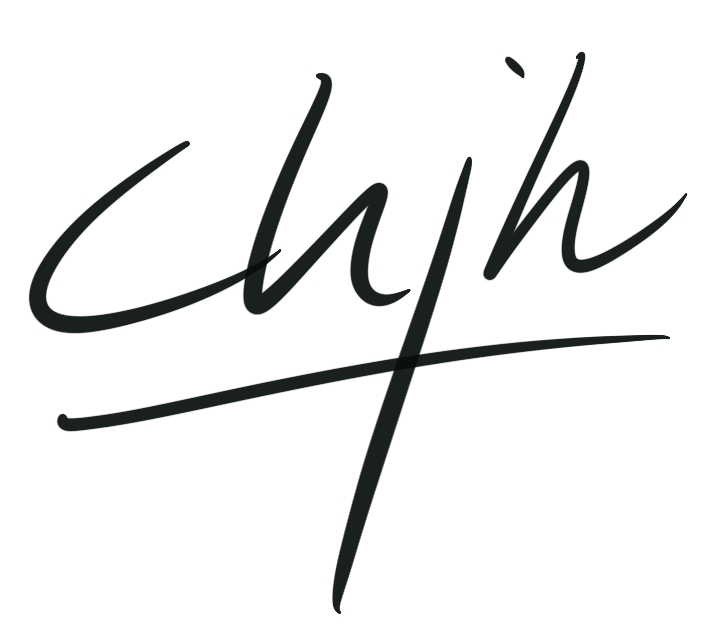The courage to discuss
I have not had the courage to write over the past months. Writing about trivial things can feel belittling to the monumental events in the world, yet what legitimacy do I have to write about monumental events?

I want to recommit to writing, to recommit to actively and publicly think about what is happening. I want to recommit to the idea that thoughts are dynamic and never settled — that thinking in public helps move away from sharing only finalized arguments. Thoughts are produced and reproduced through the conversations we have, be it directly on the phone or indirectly through writing and reading.
It has been ~18 months since I did my weekly writing exercise. One of the lessons I learned was that sometimes it is the task of writing that forces the thinking – not the other way around. Yet I find myself retreating inward nowadays. Thoughts are getting bigger and harder to write about. Having a discussion seems harder than taking a position. And there is simply the personal feeling that it is harder to have a proper discussion today than a year ago that just worries me. We need discussions to reproduce ideas and to produce new insights.
If we lose the ability to think collectively and switch it out for individualizing thought, I fear we are in for a lot of trouble.
Thinking in public takes courage because it forces thoughts to be articulated. Sometimes leaving thoughts in an in-between state, where they feel articulated in the mind but aren't really, provides comfort. It provides the comfort of allowing an idea to seem logically consistent where it may very well not be. It takes courage to challenge thoughts out of this in-between state, especially if these are works in progress or uncertain.
It is here I remember a quote from James Bridle, when I had the opportunity to interview them (emphasis added):
One of the ways to counter [uncertainty as a way of discrediting knowledge] is through an acknowledgement of unknowing, being comfortable with being in a space of uncertainty where very most of us are very bad at. But actually scientists are very good at that because they work so directly on the subject. They have a very developed sense of what is knowable and what is unknowable at any particular point in time.
Unknowing is a practice we can cultivate, and it is not only available to scientists. Good faith discussions challenge thoughts out of an in-between state and articulate uncertainty unashamedly so. "I am convinced of X, but I don't know exactly why I feel so convinced" is an honest and hard thing to say.
I wish for more places where good faith discussions can be found. The public debate around wars, genocides, and famines encourages overconfidence and brazen statements. I do it too, especially when there is little information to be found.
Private debate becomes limited when public debate role models and encourages taking a confident stance. It role models disregarding painful areas that are uncomfortable, yet necessary, to talk about. Take for example the situation in Gaza. I notice it is especially hard in Germany to have discussions about this because of the infamous "German guilt," which quickly centers the discussion on Germans. It is not uncommon to be rebuffed when surfacing that German guilt has little to do with Jewish or Palestinian suffering – yet would it not be liberating to acknowledge it at least? To pull the thread and see which positions hold fiercely and identify those that unravel quickly?
Good faith discussions showcase contradicting questions and tentative ideas. They create ambiguity and discomfort. They also emphasize humanity and what we have in common. It is okay to disagree and to articulate where your ideas are based on a gut feeling. It is okay to admit when you realize your sources may not have been as solid as you thought they were. I find I feel most connected, most intimate, with people who I can discuss with in this way.
Too frequently we can convince others that we are convinced of ourselves, with us getting caught in a web of perceptions. We posture positions for fear of being seen differently or to be seen differently. We say things that the moment we say them, we know to be unreal, but let that brief moment slip where we can recant without any harm being done.
This post is not a product of final thought either, and I thought about what I wrote here all week. Even now, I do not feel ready to share it, but I will consider it courage to share these unfinished thoughts. Please forgive me the lack of clarity as I get back into the habit of thinking in public with you again.




Comments ()